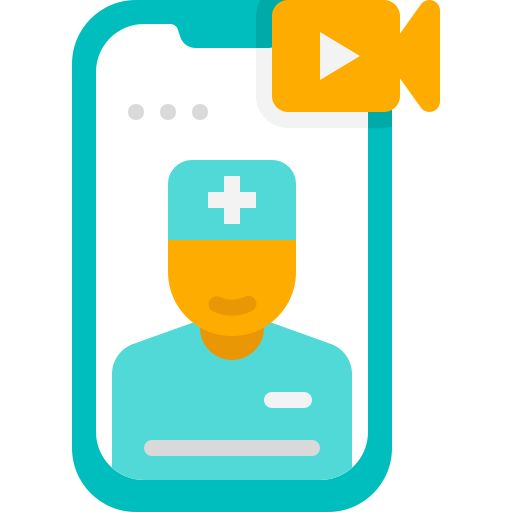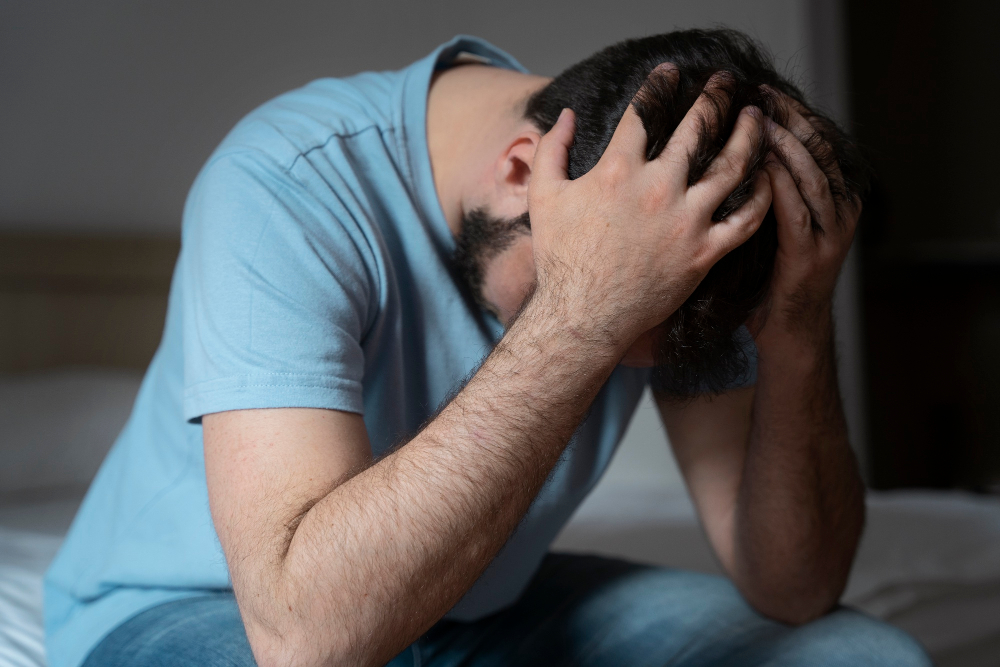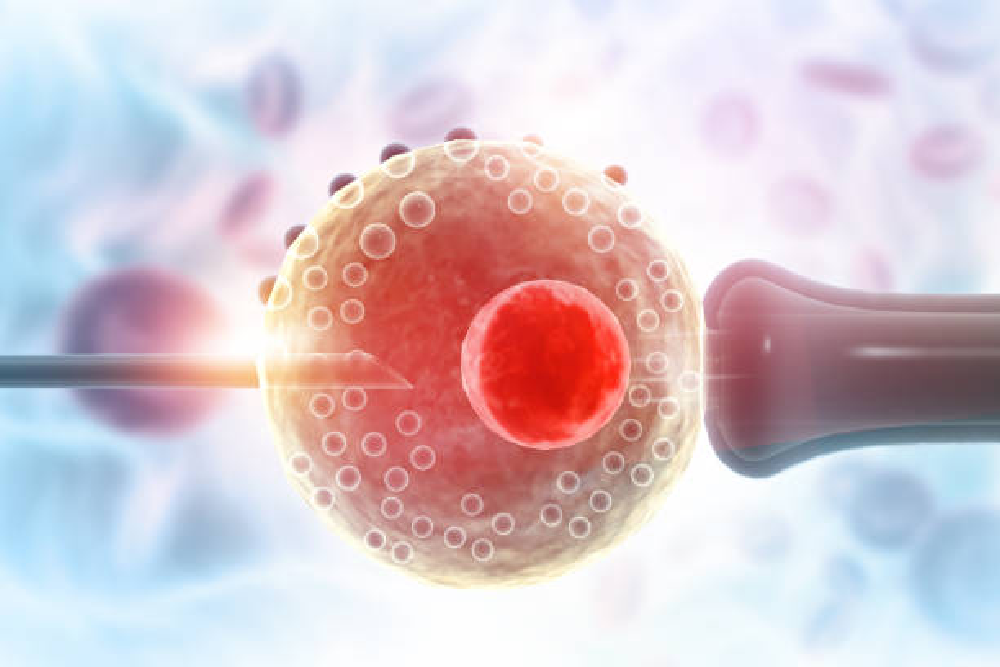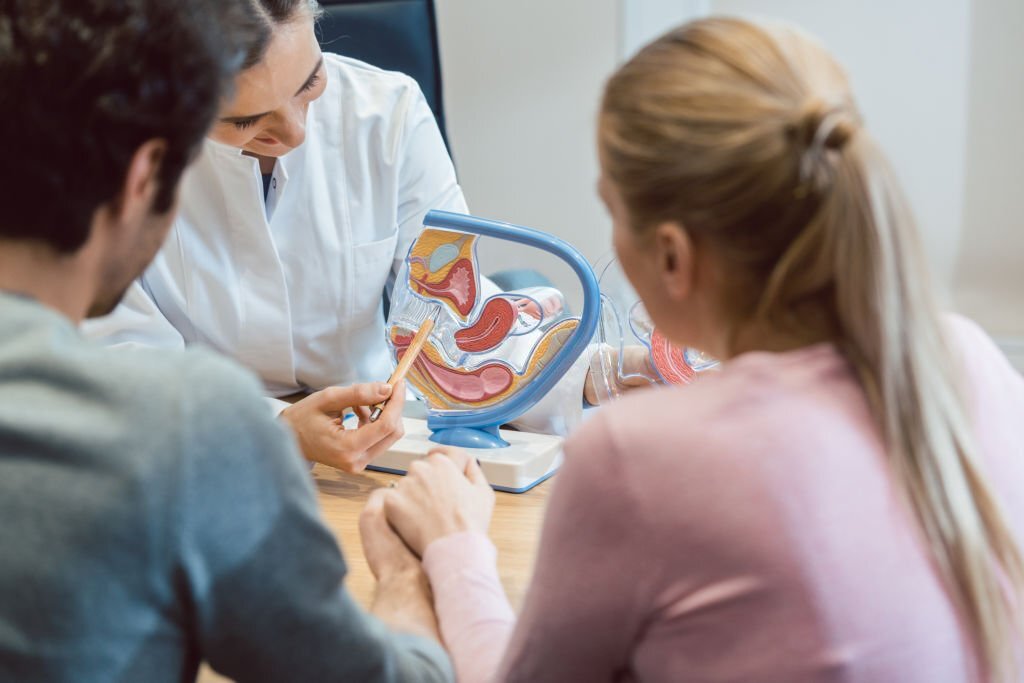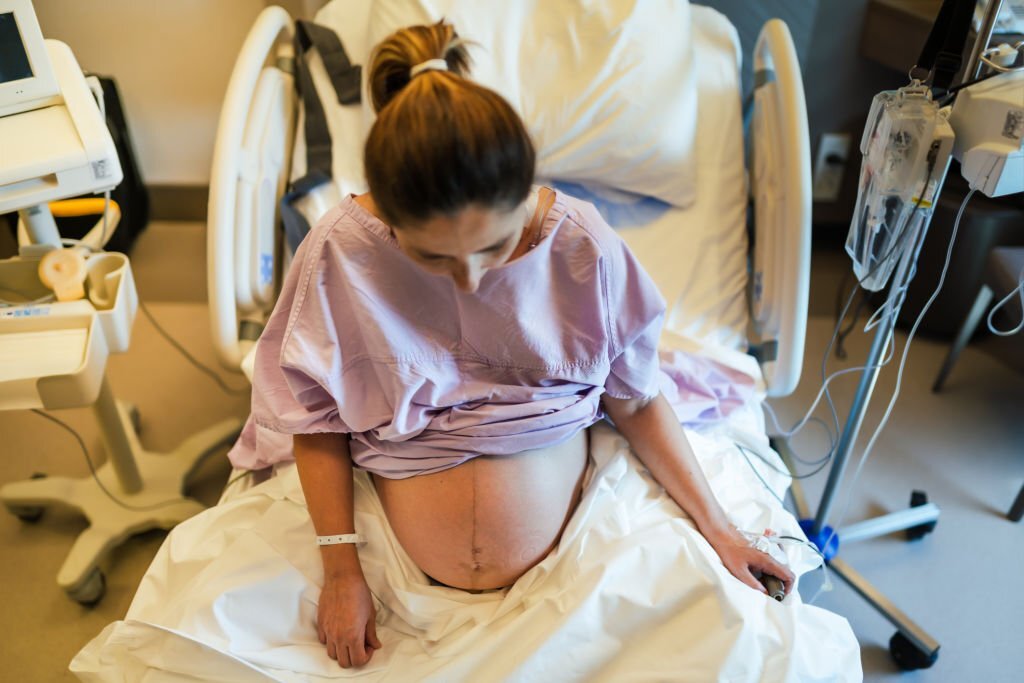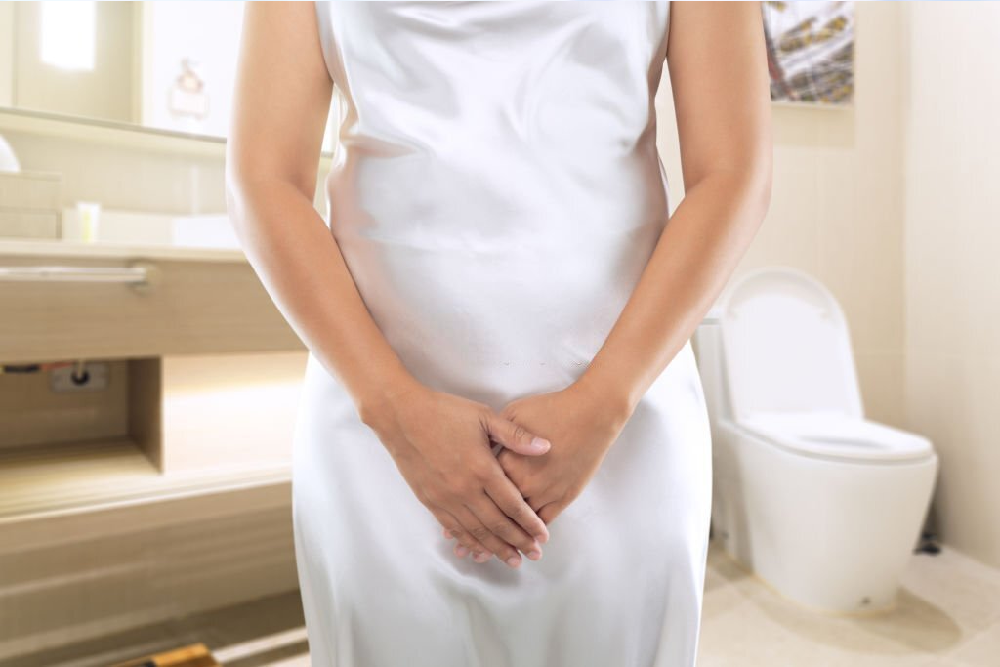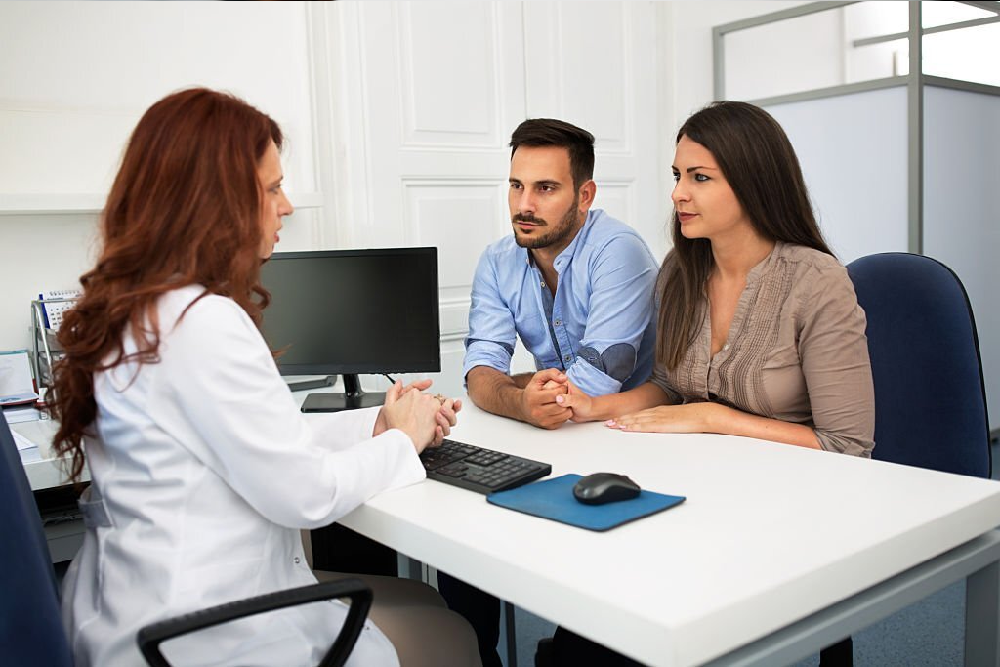What is Vaginismus?
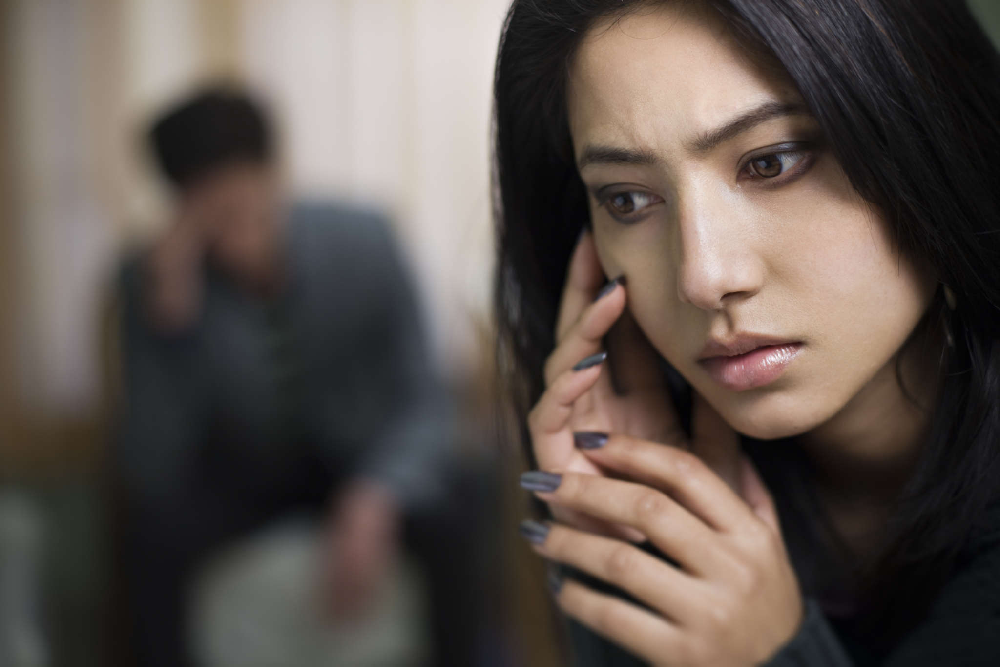
Riya felt guilty and embarrassed. She had been married for about a month, but was unable to have sex with her husband. “We tried our best to have sex, but I found it extremely painful,” she shared. “My friends told me to relax and use Vaseline but it didn’t help. Thankfully, my husband is very understanding but this is very frustrating for both of us!” Riya was worried that there was something was wrong with her. She was hesitant to seek medical help for fear of being judged – or, worse, blamed. She was anxious about her situation, and worried that she would never be able to form a strong bond with her husband. Furthermore, if sex was not possible, how could she have children?
Riya had to be assured that there was nothing ‘wrong’ with her. She has a condition called ‘vaginismus’, which many women experience.
So, what is vaginismus? It is a mind-body response that causes an involuntary spasm of pelvic floor muscles that surround the vagina. Typically, vaginismus is associated with the tightening of vaginal muscles and a feeling of extreme pain upon penetration. Due to the pain, many women tend to avoid situations involving vaginal penetration (including sexual intercourse, gynaecological examination and tampon insertion). They may find themselves feeling extremely anxious, stressed and even feel a sense of guilt or rejection.
Unfortunately, the condition is often ignored or inadequately treated as most Indian women feel hesitant to open up about their sexual problems. Clinics have shared that up to 42% of women may experience vaginismus but do not seek help because of fear and hesitation.
The good news is that vaginismus is completely treatable and does not require medication or invasive procedures. More importantly, early identification of the problem and treatment can help to solve the problem, and reduce the resultant stress and discomfort.
General treatment strategies for vaginismus include pelvic floor rehabilitation exercises, use of vaginal dilators, psycho-sexual awareness and counselling. Scope of treatment is decided on a case-by-case basis, depending on the nature and severity of the condition.
Types of Vaginismus
Vaginismus can be classified into two main types: Primary Vaginismus, wherein vaginal penetration has never been achieved, and Secondary Vaginismus, wherein vaginal penetration was once achieved but is no longer possible.
What Causes Vaginismus?
There are several reasons as to why a person might have vaginismus. They include:
- Fear and/or anxiety arising from past incidents of physical, emotional or sexual abuse
- Deep-rooted negative beliefs about sex
- Personality driven disorders
- Physical damage arising from vaginal tear during childbirth
- Medical conditions like urinary tract infections or pelvic tumours
- Sexually transmitted diseases
- Drop in oestrogen levels after menopause, which may result in lack of vaginal lubrication
For proper diagnoses, it is best to consult a gynaecologist. The doctor will ask the patient for their history and conduct a physical examination. Based on the finding, they will decide on a treatment plan for the patient.
Our Approach at Bloom Healthcare
At Bloom Healthcare, we adopt an interdisciplinary approach to vaginismus. A team comprising of a gynaecologist, a sex therapist and a pelvic floor physiotherapist will work with the patient to ensure that she is given a complete diagnosis and comprehensive non-pharmacological treatment plan. Empathy and care are extended at every step to ensure that the patient feels comfortable and at ease. The treatment plan is tailored as per each patient’s needs, and usually includes the following elements:
- Sexual awareness and sex education
- Pelvic floor rehabilitation
- Home programme, including step-by-step practise of vaginal trainers and pelvic floor muscle exercises.
At Bloom Hospital, we are committed to helping you live a healthy and happy life. If you or anyone you know needs help with diagnosis and/or treatment for vaginismus, contact us or book an appointment now.
Address : #32, Taramani Link Road, Velachery, Chennai – 600 042, India.
We share below some testimonials from patients who have received treatment at Bloom Healthcare for vaginismus and have gone on to lead healthy, happy lives.
“My doctor referred me to this vaginismus therapy treatment. On the first day, the pain was very high. On the second day, I cooperated with my therapist and the pain was tolerable. Thank God, I got a good therapist. She gave me a lot of advice. Thank you so much!”
-Priya
“We have been married four years, but I had a fear of penetration during sexual intercourse. We wanted a child, but I was not able to conceive. We consulted many doctors in different hospitals but they could not provide a proper solution. Then, we reached out to Bloom Healthcare. Their physiotherapist’s treatment worked out very successfully for us. She was very friendly and approachable. We realised that we had finally come to the right place.”
-Anonymous
“We had been married for three years but were unable to conceive because of fear and aversion towards sex. We asked a few gynaecologists, but they could not help us much. Finally we came to know about Bloom Healthcare and Dr. Kavitha Gautham. Dr. Kavitha diagnosed me with vaginismus and referred us to the hospital’s physiotherapist. They understood our problem first, and then explained the whole process of the treatment. After that, I went for about five sessions. At every session, the physiotherapist explained everything patiently, and we made good progress. Within a month or so, everything went well. We are very thankful for the precise diagnosis and treatment of vaginismus.”
-Anonymous
“2nd July 2017 is a very important day in my life. That was the day my husband and I successfully consummated our relationship after being married for 13 years. I had suffered from primary vaginismus, which made penetration painful and impossible. I felt all alone, and no one seemed to be able to help. I had almost resigned to my fate, when we heard about Bloom Healthcare. With their physiotherapist’s help, guidance and strong support, I made tremendous progress within a short amount of time. My husband and I were able to achieve intercourse within two weeks of commencing treatment. I am incredibly grateful, reborn and feel whole again.”
-Anonymous

